A remarkable chapter of wartime service unfolded for Imogene “Jean” Speegle Lit, a physical therapist from Hayden, Alabama, who found herself among the ranks of the Women’s Auxiliary Army Corps during World War II. Tasked with aiding the establishment of medical facilities in the Marianas, Jean’s journey led her to Tinian and later to Japan, where she played a vital role in caring for the wounded and sick.
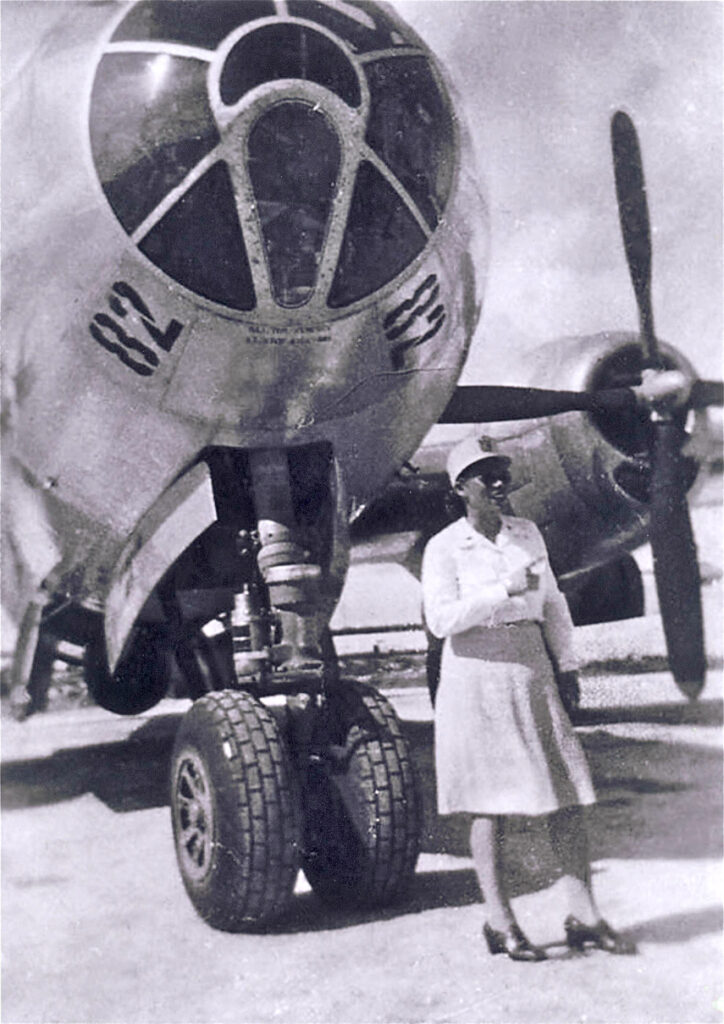
In a poignant reunion with the memories of her wartime service, Jean’s neighbor, Professor David Conrad, escorted her to an airshow at Southern Illinois Airport in 2011, where the sight of a B-29 Superfortress stirred nostalgic recollections of her time in the Pacific theater.
Reflecting on her experiences during an interview on the Fourth of July in 2012, Jean expressed gratitude for her continued presence among the living, noting the passing of many of her fellow WWII veterans. With a family deeply entrenched in military service—four brothers enlisted—Jean felt compelled to contribute, ultimately joining the medical corps to serve her country.
As one of the few physical therapists stationed on Tinian, Jean played a pivotal role in preparing hospitals to care for the wounded. Witnessing firsthand the historic moment when Colonel Paul Tibbets’ plane dropped the atomic bomb on Hiroshima, Jean acknowledged the profound impact it had in altering the course of the war.
Recalling the secrecy surrounding the mission, Jean revealed that the knowledge of the impending bomb was closely guarded, with discussions strictly prohibited until its eventual deployment. Standing beside the famed “Enola Gay” on the day of its fateful journey to Japan, Jean bore witness to history in the making.
Amidst her duties on Tinian, Jean’s expertise extended beyond physical therapy, as she found herself involved in public health initiatives and hospital construction efforts across Saipan and Guam. Transitioning to Japan during the occupation, Jean continued her medical service, tending to patients afflicted with various ailments, including acute polio.
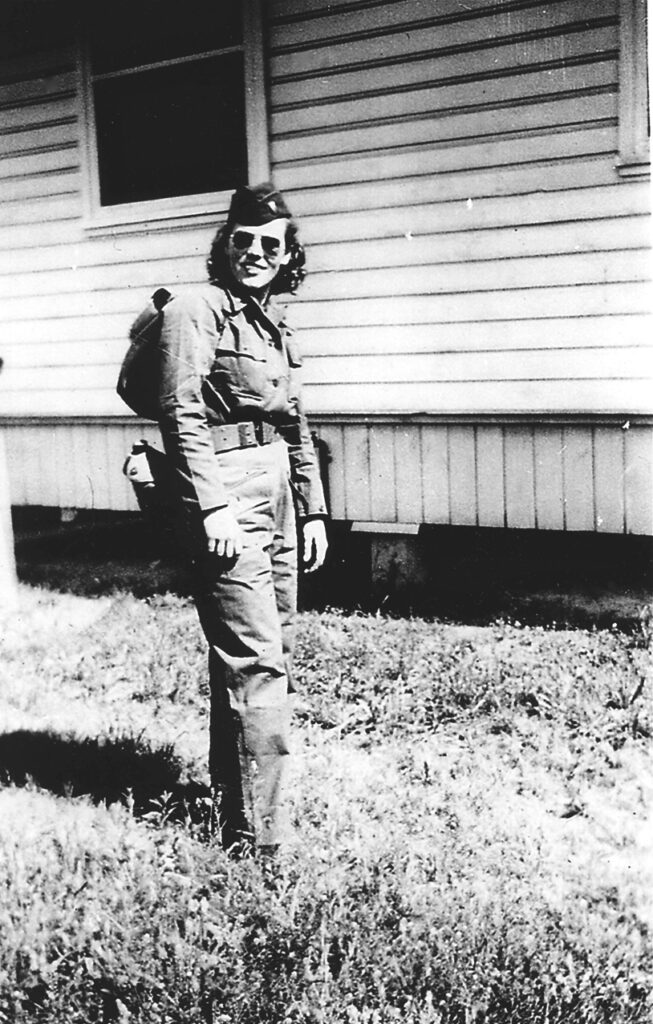
It was in Tokyo that Jean’s life took a fateful turn, as she crossed paths with Alfred Lit, a clinical psychologist whom she would later marry upon their return to the United States. Following her honorable discharge from the Women’s Auxiliary Army Corps after three and a half years of service, Jean and Alfred settled in New York before eventually making their home in Southern Illinois.
Throughout her life, Jean remained steadfast in her appreciation for the opportunities afforded to women during the war, emphasizing the invaluable contributions they made across various sectors of military service. With a passion for preserving history, Jean recommended literature such as “The Enola Gay” to those eager to learn more about the pivotal role of Tinian in WWII.
In her final days, Jean imparted words of wisdom to future generations, urging them to cultivate gratitude and cherish the blessings they possess. On April 18, 2013, Jean peacefully passed away in her Murphysboro home at the age of 96, leaving behind a legacy of resilience, service, and unwavering patriotism.



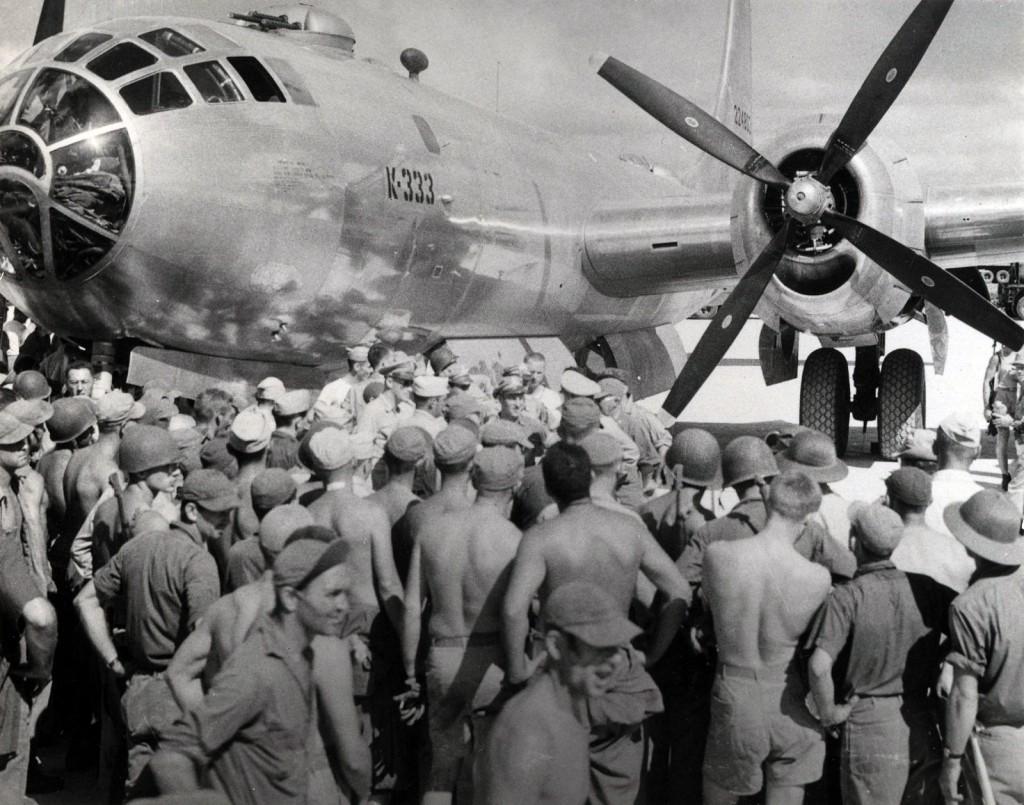
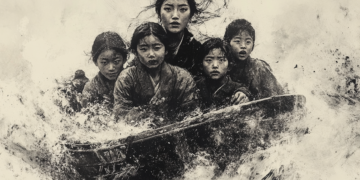
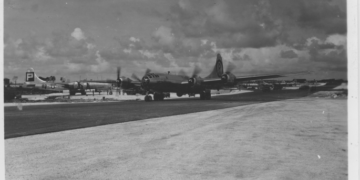
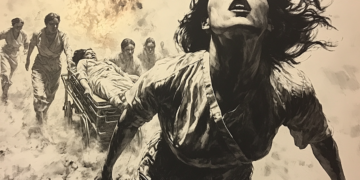


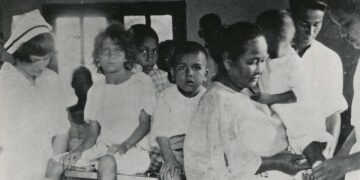



Discussion about this post